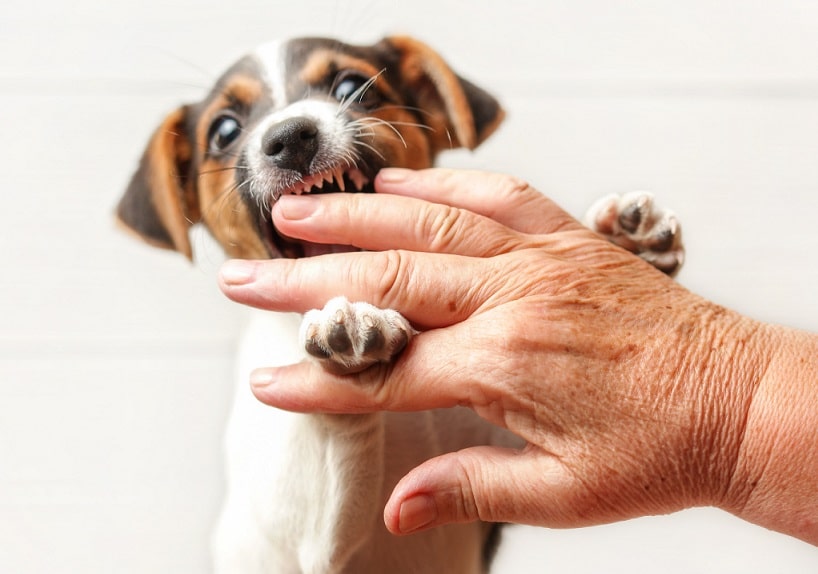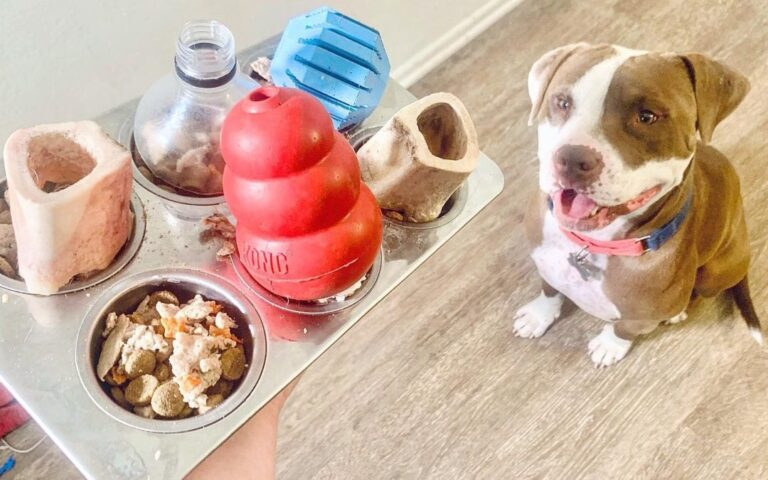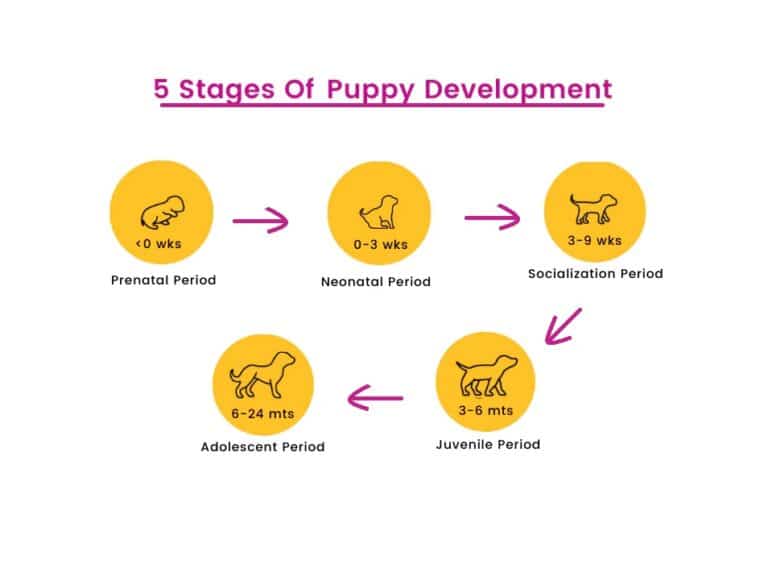During the teething phase, puppies experience discomfort and a strong urge to chew on everything in sight. As a responsible pet owner, it is important to understand how to properly care for your puppy during this challenging time. In this guide, we will provide you with essential tips and advice on how to help your puppy through the teething process, including appropriate chew toys, soothing remedies, and proper dental care practices. By following these guidelines, you can ensure your puppy stays happy and healthy during this crucial developmental stage.
Teething process in puppies
Teething is a natural process that all puppies go through as they grow and develop. During this time, puppies will lose their baby teeth and adult teeth will start to come in. This can be a challenging time for both the puppy and their owner, but understanding the process can help make it easier.
When do puppies start teething?
Puppies typically start teething around 3 to 6 months of age. This can vary depending on the breed and individual puppy, but most puppies will start to show signs of teething around this time. It’s important to start preparing for teething before it begins so that you can help your puppy through this stage.
How long does teething last in puppies?
Teething can last for several months, typically until the puppy is around 6 to 8 months old. During this time, puppies will go through the process of losing their baby teeth and having their adult teeth come in. It’s important to provide your puppy with the proper care and attention during this time to help them through this process.
What are the signs that a puppy is teething?
There are several signs that can indicate that a puppy is teething. These can include increased chewing behavior, drooling, swollen gums, bleeding gums, irritability, and loss of appetite. If you notice any of these signs in your puppy, it’s important to provide them with appropriate teething toys and items to chew on to help alleviate their discomfort.
Tips for caring for a teething puppy
Teething can be a challenging time for both puppies and their owners. Here are some tips to help you care for your teething puppy:
Provide appropriate chew toys
It’s important to provide your puppy with appropriate chew toys to help soothe their sore gums and alleviate the urge to chew on inappropriate items. Look for toys that are specifically designed for teething puppies, such as soft rubber toys or dental chews.
Offer cold items for relief
Cold items can help to numb your puppy’s gums and provide relief from the discomfort of teething. You can offer your puppy frozen carrots or ice cubes to chew on, or invest in a special teething toy that can be chilled in the freezer.
Maintain good oral hygiene
During the teething process, it’s important to maintain good oral hygiene for your puppy. This includes brushing their teeth regularly with a puppy-safe toothbrush and toothpaste, as well as scheduling regular check-ups with your veterinarian to ensure that their teeth are healthy and developing properly.
Dealing with challenges during puppy teething
Puppies go through teething just like human babies do, and this can be a challenging time for both the puppy and their owners. Here are some tips for dealing with the challenges that come with puppy teething.
Handling chewing behavior
One of the most common challenges during puppy teething is excessive chewing. Puppies will chew on anything they can get their paws on to help soothe their sore gums. To handle this behavior, make sure to provide plenty of appropriate chew toys for your puppy to gnaw on. This will not only help alleviate their discomfort but also prevent them from destroying your belongings.
Addressing potential discomfort
Teething can be uncomfortable for puppies, just like it is for human babies. You can help alleviate your puppy’s discomfort by providing them with frozen chew toys or teething rings. These cold items can help numb their gums and provide relief from the pain of teething.
Avoiding inappropriate chewing
It’s important to teach your puppy what is and isn’t acceptable to chew on during this teething stage. If you catch them chewing on something they shouldn’t be, firmly say “no” and redirect their attention to an appropriate chew toy. Consistency is key when it comes to teaching your puppy what is off-limits for chewing.
By following these tips for handling challenges during puppy teething, you can help make this stage more manageable for both you and your furry friend.
Caring for a puppy during the teething phase is essential for their health and well-being. By providing them with appropriate chew toys, frozen treats, and regular dental care, you can help alleviate their discomfort and prevent destructive chewing behavior. It is important to be patient and understanding during this time, as teething is a natural process that all puppies go through. With the right guidance and care, you can ensure that your puppy grows into a happy and healthy adult dog.







